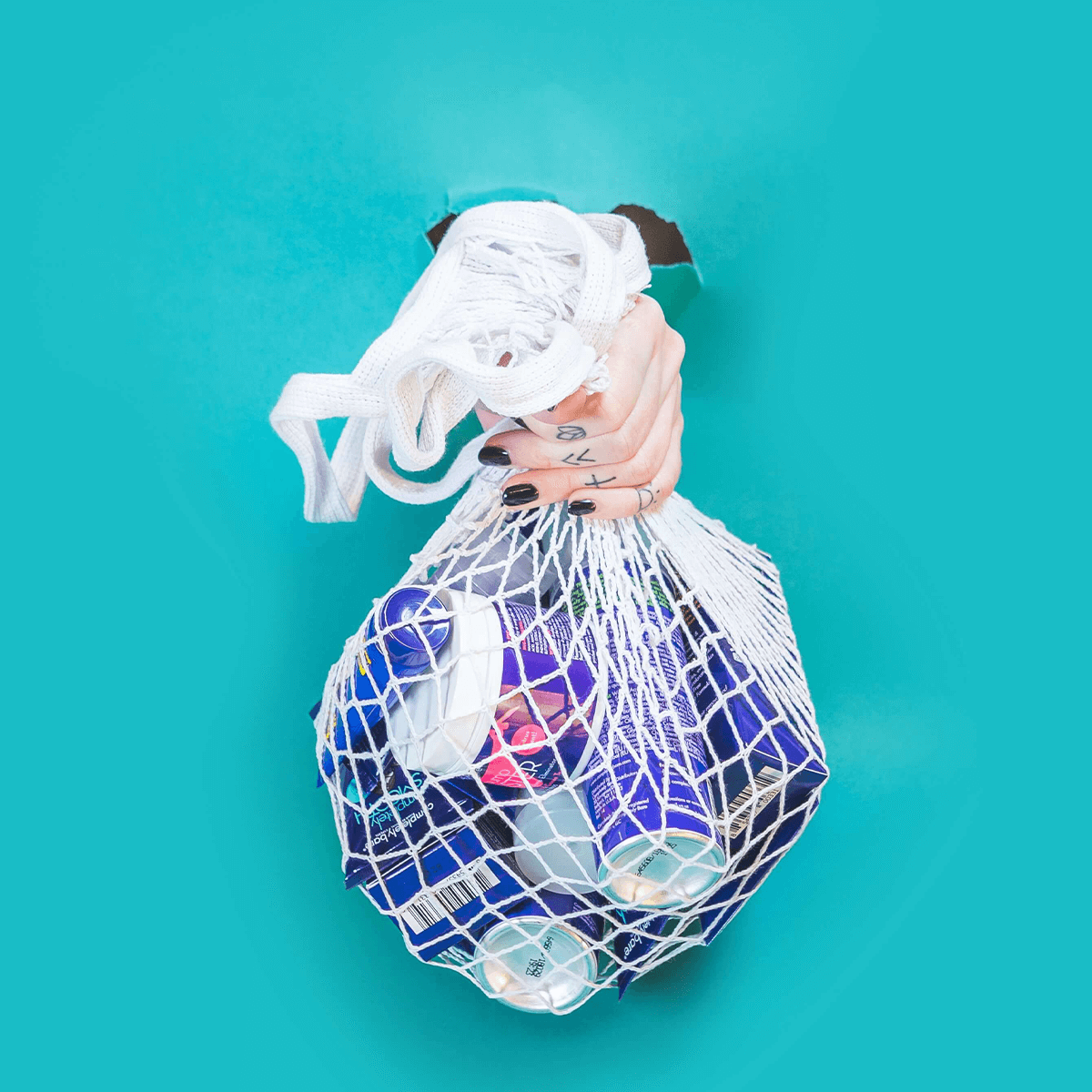

 Welcome to...
Welcome to...We believe you are trying to shop from the following location: Rest of the world
To enjoy low cost shipping and local currencies please allow us to redirect you to our local store.
Choose 3 for £45 or 5 for £75
Choose 2 from £130 or 3 from £180
Choose 2 for £20

Plastic Free July is a global movement that helps millions of people be part of the solution to plastic pollution – so we can have cleaner streets, oceans, and beautiful communities.

Photo by Meritt Thomas on Unsplash
1. More than 5 trillion pieces of plastic are already floating in our oceans.
2. Worldwide, 73 percent of beach litter is plastic: filters from cigarette butts, bottles, bottle caps, food wrappers, grocery bags, and polystyrene containers.
3. World plastic production has increased exponentially from 2.1 million tonnes in 1950 to 147 million in 1993 to 406 million by 2015.
4. By 2050, virtually every seabird species on the planet will be eating plastic.

Photo by Tim Mossholder on Unsplash
5. As of 2015, more than 6.3 billion tonnes of plastic waste had been generated. Around 9 percent of that was recycled, 12 percent was incinerated, and 79 percent accumulated in landfills or environment.
6. Around the world, nearly a million plastic beverage bottles are sold every minute.
7. Estimates for how long plastic endures range from 450 years to forever.
8. The largest market for plastics today is packaging materials. That rubbish now accounts for nearly half of all plastic waste generated globally—most of it never gets recycled or incinerated.
9. Some 700 species of marine animals have been reported so far to have eaten or become entangled in plastic.
10. More than 40 percent of plastic is used just once, then tossed.
1. Carry reuseable shopping bags
Whether this is in your car or in your bag or simply stored somewhere convenient in your house to grab on your way out of the door reuseable shopping bags have a massive impact on the environment. Single use carrier bags are bad for many resons, first of all they break easily, no one wants to be picking up your food shop off the pavement. Most imporantly they are lightweight, this means that they are easily blown away from bins or landfills and out into the environment where they then harm animals and plants. They often manage to make it into the ocean as well where fish and animals such as dolphins and turtles etc eat them. Simply cutting out plastic bags and usinf paper ones or a canvas tote instead will not only mean your groceries are less likely to be strewn across the floor but also that animals wont be injesting them and they wont be caught in trees! A great investment if you ask me.

Photo by Zsófia Vera Mezei on Unsplash
2. Tupperwear, tupperwear, tupper where?
Tupperwear is a great way to store food for both the long and the short term. Rather than using plastic sandwich bags which you will no doubt only use once and then throw away you can find tupperwear pots for every food. From teeny tiny pots for snacks to large tubs that you can fit all of you smaller pots inside there is nothing too big for a tupperwear pot (or two). You can also get tupperwear in different materials from metals to glass or even bamboo!
3. Use natural sponges and cleaning cloths
Usually sold without plastic packaging and not containing plastic natural sponges or scrubbers and cleaning cloths are great to use. Natural fiber brushes are great for bottles and dirty dishes and cloths are great for everything from wiping down surfaces to cleaning cutlery. They can also be popped into the washing machine and used time and time again!
4. Purchase products in glass or metal bottles!
One of the changes that we are making this year as a brand to move towards being as plastic free as we can be is to change our hand and body products into glass bottles. You can then reuse or recycle the bottle once the product is all used up and you arent adding to a landfill somewhere! Unfortunately not all plastic bottles that you would find in your bathroom are recyclable so please check the label before pupping one into your recycling bin.
5. Give up bottled water
You can get so many different types of reuseable bottle or cup nowadays that will last you a lifetime. From ones that will keep your drinks hot or cold to ones with straws built in and ones with unicorns on the side there are cups and bottles to fit your every need. Not only will you always know which drink is yours but you will also be saving money!

Photo by Jonathan Chng on Unsplash
If you want to know more about how you can reduce your plastic usage and encourage others to do the same please click here!
Like this article? Sign up to our newsletter to get more delivered straight to your inbox
_____________
The Sunday Scroll: Things That Made Life Feel Better
Episode 8: Beyond the Continent
Episode 7: How to Wear a Fantasy
Customer service
Talk to us via chat. 9-5pm EST. Wed - Sun
Fast Free Shipping
Get free shipping on orders of £60 or more
New Customers
New customers enjoy 10% off their first order
Secure payment
Your payment information is processed securely


Share:
DAH-LING - The Muse Behind the Fragrance
Do Fragrances Change In Different Climates